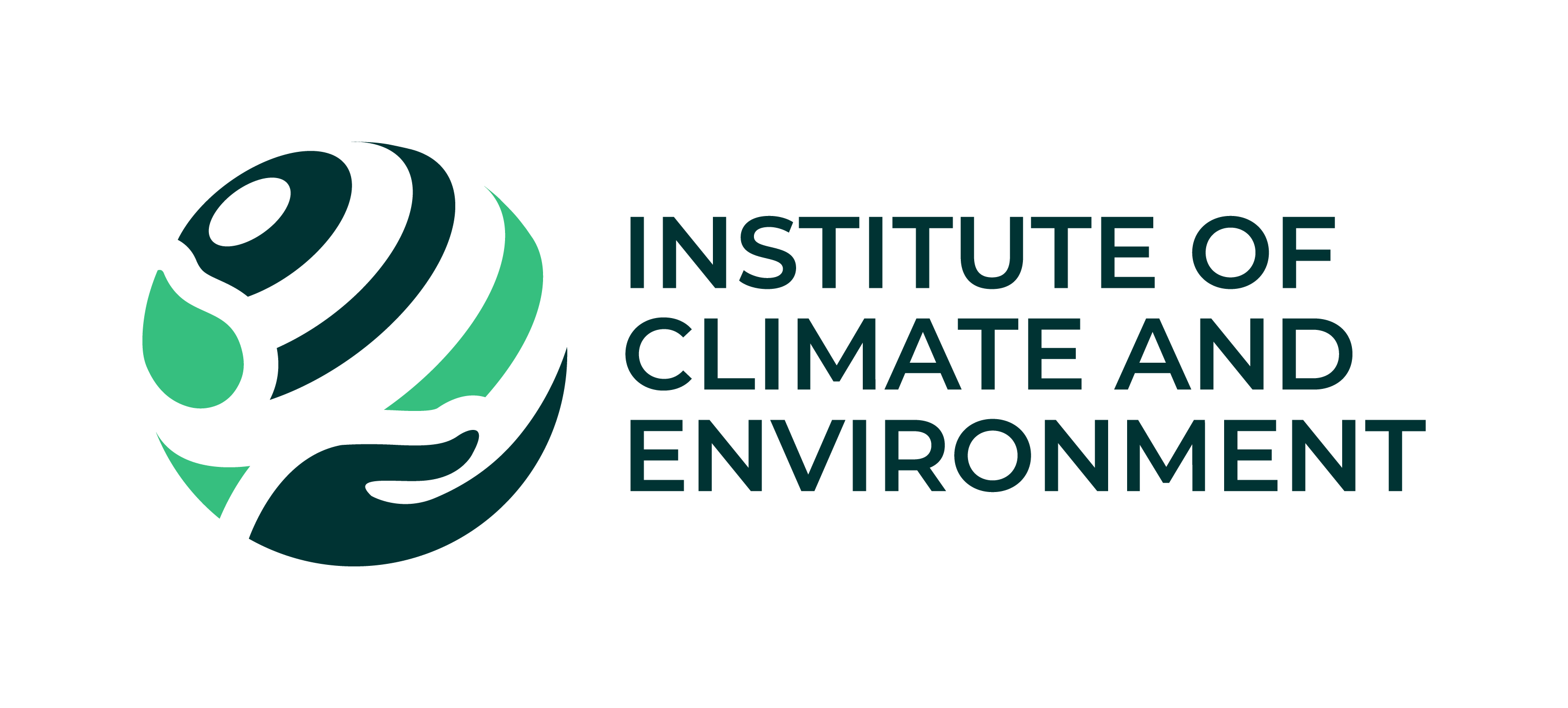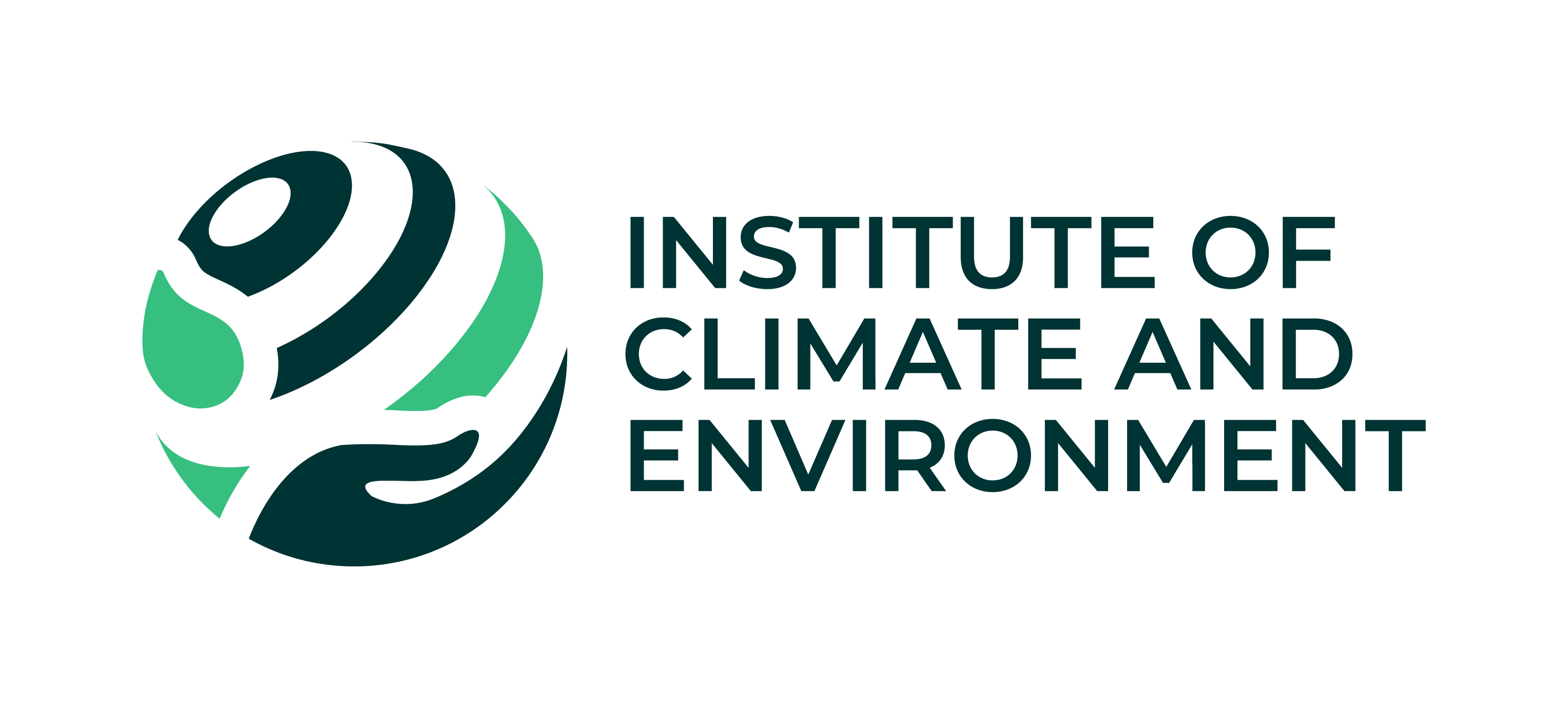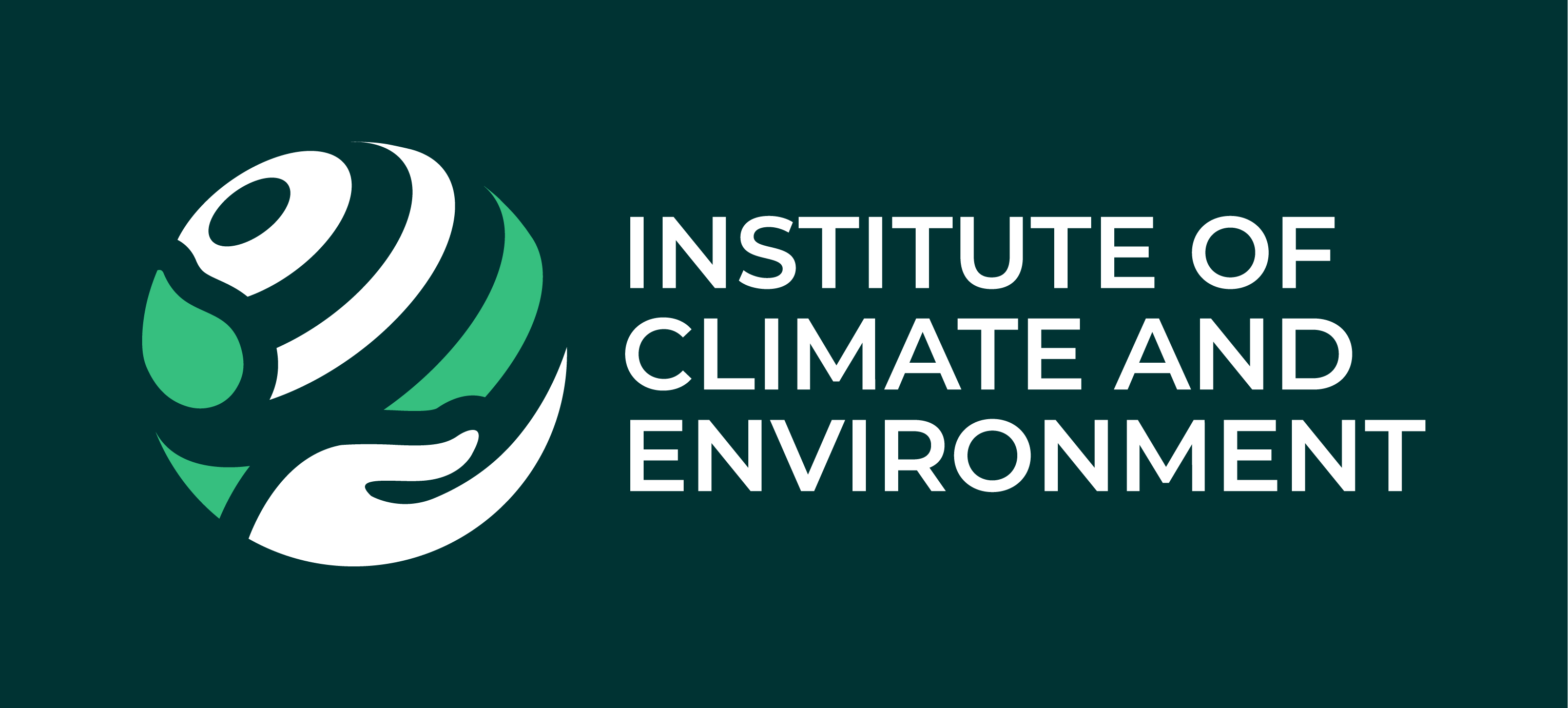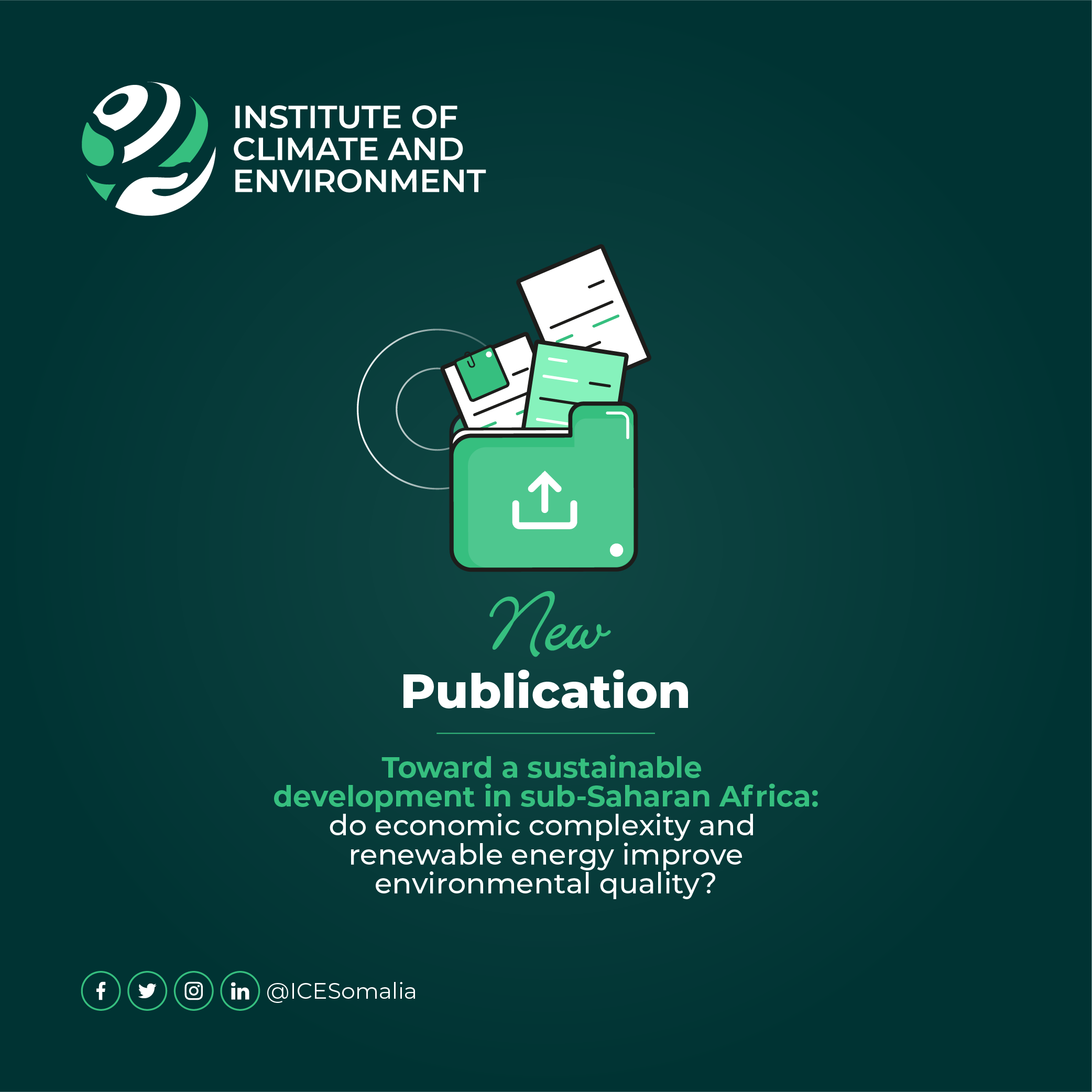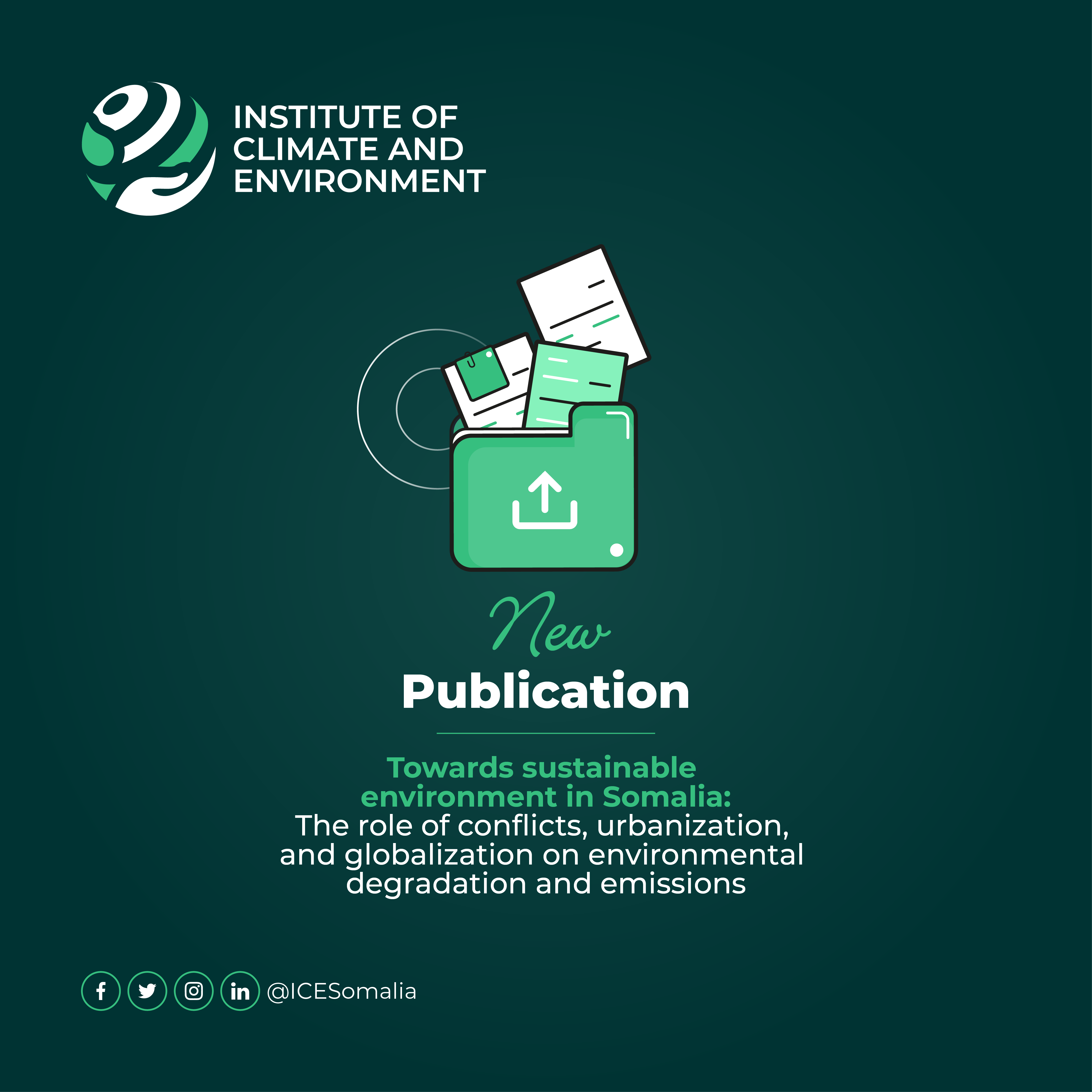
Towards sustainable environment in Somalia: The role of conflicts, urbanization, and globalization on environmental degradation and emissions
In the past decade, mitigating the negative effects of global warming became a concern for policymakers across the world. Industrial activities and the consumption of fossil fuels are considered to be the main source of global environmental pollution. These emissions have contributed to climate change and the deterioration of the atmosphere, which impacted the welfare of many societies worldwide. Climatic variations are the primary cause of water scarcity, which leads to social instability in developing countries. Other factors such as industrialization, urbanization, and economic growth are identified as major contributors to the adverse environmental consequences. It is necessary to establish policies that promote sustainable development by encouraging initiatives towards climate resilient practices and environmental sustainability.
Conflicts can arise directly as a result of resource scarcity, but they can also result indirectly from the effects of climate change on human well-being, livelihoods, and migration. In addition, increased trade, foreign direct investment, and consumption of imported goods all contribute to environmental damage, which makes the environmental effects of globalization another concern. On the other hand, urbanization is perceived as a problem to the environment because of the increasing energy use, transportation needs, and pollution brought on by industry and urban expansion, especially in developing nations. In this study, we investigated the impacts of conflicts – internal and external –, urbanization, and globalization on environmental degradation and emissions in Somalia.
Since the outbreak of the civil war in 1991, Somalia has seen multiple violent battles that have harmed its environment. This has resulted in excessive deforestation caused by charcoal exports. Droughts, locust plagues, floods, and soil degradation are a few serious environmental issues the nation faces. Identifying the causes of environmental pollution and deterioration is essential for creating sustainable development strategies.
By using the autoregressive distributed lag (ARDL) model, kernelized regularized least squares (KRLS) machine learning method, and vector error correction modeling (VECM) method, the empirical results of the study demonstrate that external conflict, globalization, and urbanization increase environmental degradation in the long run but not in the short run, except globalization which has a constructive role in enhancing environmental quality in the short-run. Notably, internal conflict is inconsequential both in the short- and long-run. The results of the study are robust for various analysis methods and environmental pollution indicators. In contrast, the VECM results indicate that urbanization, economic growth, and internal and external conflicts Granger cause environmental degradation both in the short and long-run, whereas globalization causes environmental degradation in the short run only. Notably, there is bidirectional causality between urbanization and environmental degradation in the short run only. A striking result is that both internal and external conflicts are neither caused by environmental degradation nor other regressors in the short- and long-run. Hence, relevant policy implications are suggested based on the empirical findings of the study.
